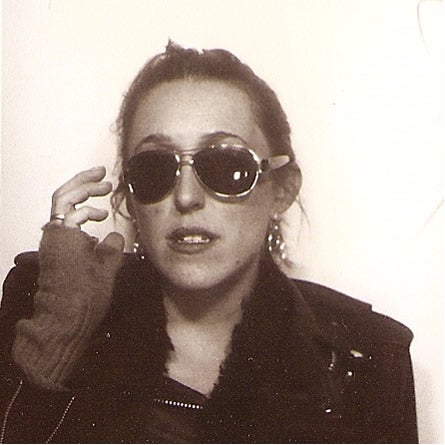
| Follow @epilepticrabbit
Laura Hilliger is a writer, educator and technologist. She’s a multimedia designer and developer, a technical liaison, a project manager, an open web advocate who is happiest in collaborative environments. She’s a co-founder of We Are Open Co-op, an Ambassador for Opensource.com, is working to help open up Greenpeace, and a Mozilla alum. Find her on Twitter and Mastodon as @epilepticrabbit

Authored Comments
"Open organizations tend to attract this kind of talent" – yes, and I think it's because people who have been participating in open source for the better part of their careers are unable to function in closed environments. We have learned that our voices are integral to the advancement of the organization, so when we're hit with typical management techniques (e.g. I'm your boss), we feel disrespected. Openness as an organizational attribute is newer than the cultural and social background people have. We learned that hierarchies are how businesses function. It's a difficult lesson to unlearn, and I've seen managers in open organizations who fall back on these kinds of principles when they're challenged. My approach is to help people/orgs understand that open is an attitude, it's difficult, but it's also the most empathetic and respectful way to run a team/org/project.
It pleases me to know that corporations like GE see the necessity to change, and I'm glad to know that the "open evangelist" job is one that seems to be more and more in demand :)
One of the things I've noticed in open source communities in regards to "lowering barriers" is that open source champions need to take the time to on-board various kinds of creatives. If you're new to open source, certain technologies might be challenging – filing issues, using IRC, figuring out who to contact about what – these are things that stop people from participating. Those of us who have been part of open source for a long time forget just how technologically advanced we are. We need to create easy, first step contribution tasks as well as provide mentors who are willing to teach new contributors HOW exactly they can participate at higher levels. In short, the human relationship between established contributors and new contributors is essential to lowering barriers.